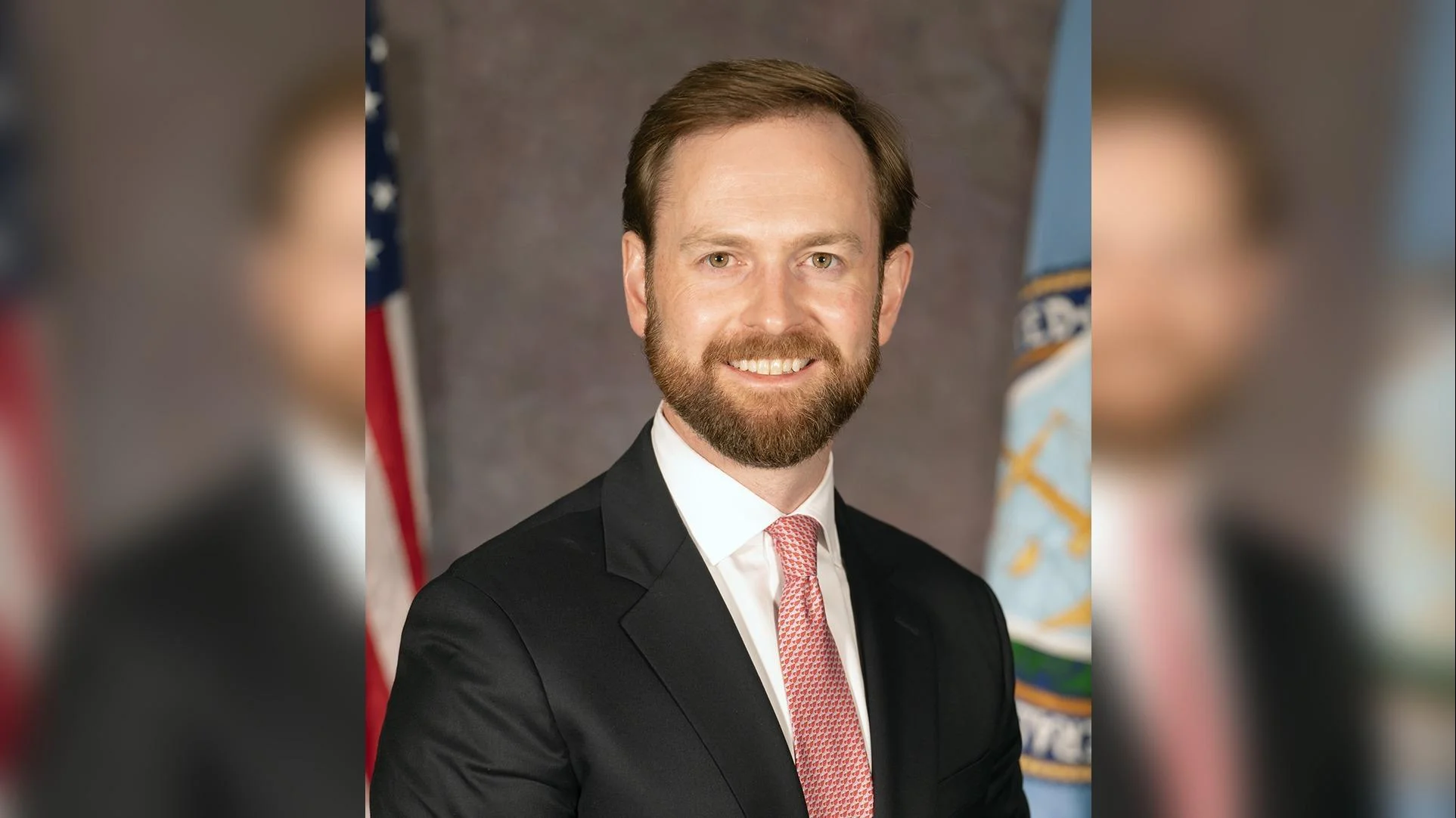Disney has agreed to pay $10 million to resolve allegations from the Federal Trade Commission (FTC) that it enabled the collection of personal data from children under 13 who watched kid-focused videos on YouTube. The FTC claims Disney failed to notify parents or obtain their consent as required by the Children’s Online Privacy Protection Rule (COPPA).
The settlement includes requirements for Disney to change how it labels its videos on YouTube as “Made for Kids” and encourages the use of age assurance technologies.
A complaint filed by the Department of Justice, following a referral from the FTC, alleged that Disney Worldwide Services, Inc. and Disney Entertainment Operations LLC did not properly label some child-directed videos as “Made for Kids.” This mislabeling allowed personal data collection through YouTube and permitted targeted advertising to children. Disney receives revenue both from ads placed by YouTube on its videos and from advertising sold directly by Disney. The complaint also states that this led to children being exposed to features like autoplay, which are not intended for kids’ content.
“This case underscores the FTC’s commitment to enforcing COPPA, which was enacted by Congress to ensure that parents, not companies like Disney, make decisions about the collection and use of their children’s personal information online,” said FTC Chairman Andrew N. Ferguson. “Our order penalizes Disney’s abuse of parents’ trust, and, through a mandated video-review program, makes room for the future of protecting kids online—age assurance technology.”
Under COPPA rules, operators of websites or services directed at children under 13 must inform parents about what information is collected and obtain verifiable parental consent before collecting such data.
After a 2019 settlement with the FTC regarding similar violations by YouTube, content creators were required to designate whether each uploaded video is “Made for Kids” (MFK) or “Not Made for Kids” (NMFK). This designation disables certain features on MFK videos—such as personalized ads and comments—to comply with COPPA.
Content creators can mark either individual videos or entire channels as MFK or NMFK. According to the complaint against Disney, it chose channel-level designations rather than reviewing each video individually. As a result, many child-directed videos were labeled NMFK by default.
Even after YouTube notified Disney in mid-2020 that more than 300 of its videos had been reclassified from NMFK to MFK due to their content aimed at children—including material related to The Incredibles, Coco, Toy Story, Frozen, and Mickey Mouse—Disney continued using channel-level labeling instead of evaluating individual uploads.
As part of the proposed settlement terms:
- Disney will pay a $10 million civil penalty.
- It must comply with COPPA rules going forward—including notifying parents before collecting data from users under 13.
- The company is required to implement a program reviewing whether posted YouTube videos should be designated as MFK unless YouTube adopts age assurance technology across all users or changes how content creators assign these labels.
The FTC commissioners voted unanimously (3-0) to refer both the complaint and proposed order to the Department of Justice. Chairman Ferguson was joined in his statement by Commissioners Melissa Holyoak and Mark R. Meador. The DOJ filed these documents in U.S. District Court for California’s Central District.
Stipulated orders have legal force once approved by a district court judge.
The lead attorneys handling this matter at the FTC are Jacqueline Ford and Genevieve Bonan from its Bureau of Consumer Protection.
The Federal Trade Commission promotes competition while protecting consumers through education efforts accessible at consumer.ftc.gov; reports about fraud can be submitted via ReportFraud.ftc.gov.





